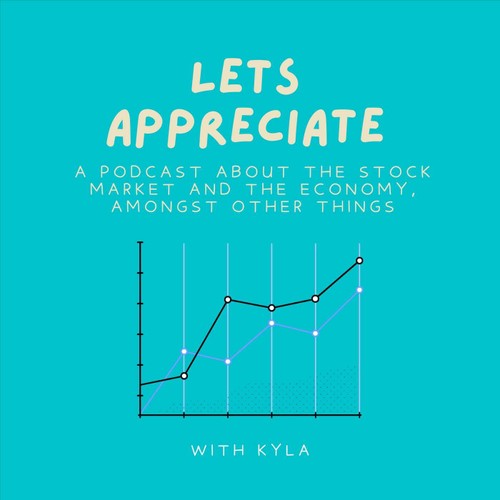
 Let's Appreciate
Let's Appreciate The TikTok Girl is Right: Modernity and the 9-to-5
Oct 26, 2023
Exploring frustrations of commuting and lack of personal time in a typical 9 to 5 job. Debunking misconceptions about Gen Z's work ethic. History of labor movement and fight for standardization. Limitations of traditional work structure and need for work-life balance. Challenges faced by Gen Z in corporate world and evolving nature of work.
Chapters
Transcript
Episode notes
1 2 3 4 5
Introduction
00:00 • 2min
The Challenges of Commuting and the 9-to-5 Structure
01:54 • 1min
The History of the Labor Movement and the Fight for Standardization
03:16 • 4min
Challenges and Opportunities of the Nine-to-Five Job
07:21 • 2min
The Challenges of Gen Z in the Corporate World
09:19 • 8min
